
Navigating Development Strategies Across Healthtech and E-commerce
Explore how adapting development strategies for Healthtech and E-commerce can accelerate your startup’s success.
When I first started as a co-founder in the YC cohort with Cuboh, one of the most critical lessons I learned was how development strategies need to shift depending on the industry you're targeting. If you're a founder looking to build in Healthtech, your approach is going to differ significantly from launching a marketplace or e-commerce platform. But don’t worry, if you’re wondering how to adapt, this post is for you.
At Horizon Labs, we’ve had the privilege of working with ambitious startups across various sectors, and we’ve seen firsthand what works—and what doesn’t—when building products in Healthtech versus E-commerce. So, let's dive into some key strategies for both.
Understanding Healthtech: Prioritizing Security and Compliance
What makes Healthtech different?
When it comes to Healthtech, there’s no room for error. Unlike other industries, where you might get away with the "move fast, break things" mentality, Healthtech demands an entirely different approach. It’s all about trust, security, and compliance with regulations like HIPAA (in the U.S.) or GDPR (in Europe).
- Patient Data Security: Handling sensitive patient data means strict adherence to encryption standards, data access controls, and rigorous testing. We’ve worked with Yura Health and understand the importance of ensuring that every piece of code is airtight when it comes to protecting patient information.
- Regulatory Hurdles: Compliance isn’t just a box to tick off—it’s an ongoing process. Whether you’re dealing with FDA regulations for medical devices or ensuring your app is HIPAA-compliant, these regulations should be baked into your development process from day one.
Our Approach to Healthtech at Horizon Labs
- Early Prototyping for Compliance: When we built Yura Health’s MVP, our first task was creating a prototype that could pass initial regulatory scrutiny. This was not just about functionality but ensuring the product was aligned with the healthcare laws.
- Risk Mitigation: We also focus heavily on risk management, integrating secure cloud platforms like AWS or Google Cloud, both of which offer healthcare compliance features out of the box.
E-commerce: Speed and Scalability Above All
How is E-commerce development unique?
In the world of e-commerce, it's all about user experience and scalability. Whether you’re building a digital marketplace like we did with Rarewaters or a product recommendation engine for Flair Labs, your ability to scale while offering a seamless user experience can make or break your success.
- Optimized Performance: E-commerce platforms have to manage high traffic and quick page load times. A delay of even a few seconds can result in losing a customer. That’s why our work with Kidsy focused on delivering a high-performance marketplace that could scale as the user base grew.
- Payments and Logistics: Integrating multiple payment gateways and ensuring secure transactions is a must. We make sure to incorporate seamless payment solutions from platforms like Stripe or PayPal, while simultaneously building out robust order management and logistics systems.
How We Approach E-commerce Development
- Scalability from Day One: With Rarewaters, our primary goal was to create a marketplace that could scale as customer demands increased. We implemented a microservices architecture, allowing for independent scaling of various components.
- Frictionless User Experience: Creating a smooth, intuitive user experience is crucial for E-commerce success. Every interaction, from product discovery to checkout, needs to be frictionless. We focus heavily on A/B testing and optimizing user flows to improve conversion rates.
Building the Right Tech Stack: Healthtech vs. E-commerce
Choosing the right tools for the job
Regardless of the industry, picking the right tech stack is foundational to the success of your product. However, the tools you choose for Healthtech are often different from those needed for E-commerce.
Healthtech:
- Languages: Python, Java, and Go tend to be preferred for building secure, scalable Healthtech applications.
- Frameworks: Frameworks like Django or Flask (for Python) are popular due to their built-in security features and ease of compliance with healthcare standards.
- Cloud Providers: AWS and Google Cloud offer specialized services for handling healthcare data securely, including HIPAA-eligible storage and compliant machine learning solutions.
E-commerce:
- Languages: For E-commerce, JavaScript (with frameworks like React or Next.js) is essential for building responsive, dynamic front-end experiences. On the backend, Node.js or Ruby on Rails is commonly used for handling fast transactions and user interactions.
- Frameworks: Shopify for smaller stores or custom platforms like Magento for more extensive operations are popular choices. For more custom solutions, we frequently use Next.js combined with a headless CMS for flexibility.
- Cloud Providers: AWS or DigitalOcean provides great flexibility in scaling E-commerce apps. We often utilize serverless architectures to handle unpredictable traffic spikes efficiently.
Managing User Data: A Core Consideration in Both Industries
Data is your goldmine, but it must be handled carefully.
In both Healthtech and E-commerce, user data is at the heart of everything. However, how you manage and store this data will depend on the sensitivity of the information and the expectations of the user.
- Healthtech: We ensure that data encryption (both in transit and at rest) is prioritized. Along with this, robust audit trails are critical to track who accessed patient records and when.
- E-commerce: While user privacy is still essential, the focus is on leveraging data to enhance customer experiences. Data analytics can help you personalize product recommendations, optimize your inventory, and tailor marketing campaigns.
Testing and Iterating: Fast Feedback Loops Are Key
Speed vs. Precision
One key difference between Healthtech and E-commerce is the speed at which you can release updates. Healthtech generally requires much longer release cycles due to stringent regulatory review, while E-commerce favors fast, iterative updates based on user feedback.
- Healthtech: Focus on extensive QA and UAT (User Acceptance Testing) to ensure that updates do not compromise patient safety or data integrity. Automation tools like Selenium or Cypress can streamline these testing processes.
- E-commerce: It’s common to release updates multiple times a day. Using CI/CD pipelines, we ensure that E-commerce platforms can deploy updates quickly, allowing for real-time A/B testing and optimization.
Custom Development: Tailoring Your Product for Success
One size doesn't fit all
In both Healthtech and E-commerce, it's crucial to remember that no two startups are alike. At Horizon Labs, we strongly believe in custom development as the key to building a product that truly fits your unique vision and market needs. Whether you're building a complex AI-powered health monitoring tool or a fast, frictionless checkout experience for an online marketplace, customization is essential.
Why Custom Development Matters for Healthtech
In Healthtech, a one-size-fits-all approach can lead to potential regulatory pitfalls or mismatched features that don’t serve your end-users well. We’ve seen this happen when founders try to use off-the-shelf solutions that don’t fully align with their needs. For example, when working with Yura Health, it became clear that a customized, compliant architecture was necessary to meet specific healthcare regulations.
- Tailoring for User Needs: Patients and healthcare providers have different needs compared to a typical consumer app. For instance, a mental health app might need a secure video conferencing feature, while a chronic illness management tool might focus on integrating data from IoT devices. Custom development ensures these nuances are baked into the product.
- Compliance Requirements: Off-the-shelf solutions often fall short when meeting strict regulatory standards. Custom development allows us to integrate necessary compliance workflows from day one, rather than as an afterthought.
Why Custom Development Matters for E-commerce
In E-commerce, speed to market is often the key to staying ahead of the competition. But just as important is having a product that offers flexibility as your customer base grows. We helped Rarewaters move from WordPress to a custom-built marketplace platform, allowing for increased scalability and a more tailored customer experience.
- User Experience Is King: E-commerce is all about conversion rates, and a personalized, seamless shopping experience can significantly boost sales. Custom development allows you to refine every step of the user journey, from product discovery to checkout.
- Integrating Multiple Sales Channels: With the rise of omnichannel retail, E-commerce startups need to sell across multiple platforms (e.g., web, mobile, in-app). A custom solution can ensure that your product is integrated across all these channels efficiently, providing a consistent experience for your customers.
Prototyping & MVP: Reducing Risk Before Launch
Building the right thing, not just anything
If you’re a founder, you’ve probably heard the advice to "fail fast" more times than you can count. But the reality is, failing too fast can waste precious time and resources. That’s where prototyping and building a Minimum Viable Product (MVP) comes into play.
At Horizon Labs, we don’t just build prototypes and MVPs to show off some flashy designs. We create them with one goal in mind: reducing risk. We want to make sure that by the time you launch, you’re confident that you’re solving a real problem for your users.
Prototyping in Healthtech
For Healthtech startups, prototyping is a great way to get early feedback from healthcare professionals, patients, or even regulatory bodies before you sink too much time into development. When we work with Healthtech founders, our goal is to create clickable, interactive prototypes that simulate the final experience as closely as possible.
- Getting Early User Feedback: Prototypes allow doctors, nurses, or patients to give you feedback on usability before you write a single line of code.
- De-risking Regulatory Challenges: A prototype can also help you identify potential regulatory roadblocks early on. We make sure your prototype takes compliance requirements into account from day one.
Prototyping in E-commerce
In E-commerce, speed is critical. You don’t want to spend months building a feature that no one cares about. Prototyping allows you to test user demand and tweak features quickly before making any large-scale investments.
- Testing Demand: A well-crafted MVP can help you gauge interest in your product without sinking too much money into full-scale development. This is especially important if you're trying to build something new in a highly competitive market.
- Iterating Quickly: By releasing early versions of your product, you can get user feedback on what’s working and what’s not, allowing you to pivot or adjust your roadmap if necessary.
Staff Augmentation: Scaling Your Team with Experts
Growing your team, without the full-time commitment
One of the challenges many founders face is needing more hands on deck to meet ambitious development goals but not being ready to hire full-time employees. That’s where staff augmentation comes in. We offer flexible engineering resources that allow you to scale your team on-demand, without the long-term commitment or financial burden of hiring in-house engineers.
Healthtech and Staff Augmentation
When it comes to Healthtech, you need engineers who understand not just code, but also the nuances of security, compliance, and data privacy. At Horizon Labs, we can provide engineers who are already experienced in healthcare development, so you don’t have to spend valuable time training them on the unique requirements of your product.
- Bridging the Knowledge Gap: Our engineers have worked with multiple Healthtech companies, so they already understand the importance of HIPAA compliance, data encryption, and the general complexity of healthcare systems.
E-commerce and Staff Augmentation
In E-commerce, scaling quickly is essential. Whether you’re preparing for a big launch or handling a spike in traffic, having extra hands on deck can make all the difference. We can augment your existing team with engineers who specialize in high-traffic, high-performance systems.
- Reducing Time to Market: With additional engineering resources, you can reduce your time to market and ensure that you’re ready for traffic spikes when they happen.
Horizon Labs: Your Trusted Tech Partner
At Horizon Labs, we’ve helped startups across industries—from Healthtech to E-commerce—build scalable, secure, and user-friendly products. Whether you're building a healthcare platform that needs ironclad data security or launching an e-commerce site with lightning-fast load times, we’ve got the expertise to help you succeed.
We’re not just another dev shop. We’re your strategic partner, helping you navigate the challenges of product development so you can focus on growing your business. With teams in California and Turkey, we’re able to offer world-class engineering talent at a fraction of the cost of hiring in-house.
If you're ready to take the next step in building your product, contact us at info@horizon-labs.co or schedule a call at horizon-labs.co/contact to learn how we can help you build better, faster, and cheaper than the competition.
Frequently Asked Questions (FAQs) about Adapting Development Strategies Across Industries:
Q: How do development strategies differ between Healthtech and E-commerce startups?
A: Healthtech requires a development approach that prioritizes data security, regulatory compliance, and patient safety, while E-commerce focuses on scalability, user experience, and quick iteration. In Healthtech, longer release cycles are typical due to compliance reviews, whereas E-commerce startups benefit from faster feedback loops and continuous deployment.
Q: What key metrics should founders track when developing Healthtech vs. E-commerce products?
A: For Healthtech, focus on compliance milestones, data security audits, and user engagement metrics that reflect patient outcomes or satisfaction. E-commerce founders should prioritize conversion rates, cart abandonment metrics, and customer lifetime value (CLV). Both sectors require tracking customer feedback, but the emphasis shifts based on industry-specific goals.
Q: How do user needs impact product development differently in Healthtech and E-commerce?
A: In Healthtech, user needs are often complex and centered around trust, reliability, and ease of access to sensitive information like medical records. E-commerce users demand seamless, fast transactions with personalized shopping experiences. These differences require a deeper understanding of customer workflows in Healthtech, while in E-commerce, streamlining the purchase process and enhancing discoverability is key.
Q: Are there specific technologies that work better for one industry over the other?
A: Yes, Healthtech often relies on backend-heavy technologies like Python or Java for security and compliance features, while E-commerce favors frontend frameworks like React or Next.js to enhance user interface and experience. Additionally, Healthtech platforms may use specialized cloud services for healthcare data compliance, while E-commerce might focus on tools that optimize for performance and scalability during peak shopping periods.
Q: How can startups ensure they meet regulatory requirements in Healthtech without slowing down development?
A: Startups should integrate compliance workflows early in the development process. Using compliant cloud services like AWS or Google Cloud and working with experienced development teams familiar with regulations such as HIPAA or FDA guidelines can streamline the process. Agile methodologies paired with compliance reviews at each sprint can help maintain development velocity while staying within regulatory boundaries.
Q: Can the same development team handle both Healthtech and E-commerce projects effectively?
A: While a development team may be capable of handling both, it’s crucial that they have experience in each sector. Healthtech development requires deep knowledge of security and compliance, whereas E-commerce needs a focus on high-performance and user experience. Teams like Horizon Labs, which have expertise across both industries, are better equipped to understand and adapt to the unique challenges each presents.
Q: What role does customer feedback play in adapting development strategies between these industries?
A: In Healthtech, customer feedback (from patients or healthcare professionals) helps improve usability and trust in the system. Feedback loops are slower due to the regulatory environment. In E-commerce, rapid feedback is essential for continuous optimization, allowing for quick changes based on purchasing behavior and user preferences. Implementing systems for gathering and analyzing customer feedback is critical for both sectors but serves different operational timelines.
Q: What are some common pitfalls when developing for Healthtech and E-commerce?
A: In Healthtech, a common pitfall is underestimating the time and effort required to meet regulatory requirements, which can delay product launch significantly. Another issue is failing to design systems with long-term patient privacy and data security in mind. For E-commerce, a common mistake is focusing too much on rapid feature development without considering scalability, which can lead to performance issues during peak times. Additionally, failing to optimize the checkout process or integrate multiple payment options can hurt conversion rates.
Q: How should startups approach testing in Healthtech compared to E-commerce?
A: In Healthtech, testing needs to be rigorous and thorough due to the high stakes involved. This includes compliance testing, security assessments, and extensive user testing with healthcare professionals or patients. Automated testing for security vulnerabilities is also crucial. In E-commerce, testing focuses more on user experience and performance, ensuring that the platform works smoothly across devices and that transactions happen without friction. A/B testing is commonly used in E-commerce to optimize user flows, while in Healthtech, UAT (User Acceptance Testing) with regulatory bodies or healthcare providers is key.
Q: What are some critical success factors for Healthtech startups compared to E-commerce startups?
A: For Healthtech startups, success hinges on achieving regulatory compliance, building user trust, and ensuring data privacy and security. Partnerships with healthcare providers or institutions can also accelerate credibility. E-commerce startups, on the other hand, find success through rapid iteration, building a strong user acquisition strategy, and optimizing customer retention and conversion. Both sectors require a laser focus on user experience, but the specifics vary significantly.
Q: How can founders manage the difference in timelines between Healthtech and E-commerce development?
A: Healthtech development often takes longer due to compliance checks and security requirements. Founders should plan for this by setting realistic timelines that account for regulatory reviews and clinical testing. In contrast, E-commerce startups can often move faster, launching MVPs quickly and iterating based on user feedback. For founders managing both types of projects, it’s important to set clear expectations with investors and stakeholders about these differing timelines and milestones.
Q: What role do partnerships play in the success of Healthtech vs. E-commerce startups?
A: In Healthtech, partnerships with healthcare institutions, insurers, or regulatory bodies can be a significant driver of success. These partnerships offer validation and often assist with compliance and distribution. For E-commerce startups, partnerships with logistics providers, payment platforms, or marketing agencies can help streamline operations and increase reach. While partnerships are important in both industries, the nature and value of these relationships differ based on the startup’s goals and market.
Q: How do you balance innovation with compliance in Healthtech development?
A: Balancing innovation with compliance in Healthtech is challenging, but achievable by integrating regulatory requirements into the development process from the very beginning. This means working closely with legal advisors, setting up compliance checkpoints during development, and choosing frameworks and platforms that are already optimized for healthcare standards like HIPAA. It’s essential to innovate within these boundaries to avoid costly mistakes later. Building a collaborative environment between legal, medical, and engineering teams can ensure that innovation doesn’t come at the expense of compliance.
Q: How should startups prioritize features in Healthtech vs. E-commerce?
A: In Healthtech, the highest priority features should focus on patient safety, data security, and regulatory compliance. Additional features like user engagement tools or integrations with other health systems should come after these foundational elements are in place. In E-commerce, the focus should be on features that directly impact user experience and sales, such as a seamless checkout process, personalized recommendations, and fast-loading product pages. The prioritization process in both industries must align with user needs, but the nature of those needs varies greatly.
Need Developers?
We help companies build ideas into apps their customers will love (without the engineering headaches).
















For Startups & Founders
We've been founders ourselves and know how valuable the right communities, tools, and network can be, especially when bootstrapped. Here are a few that we recommend.

Mistakes to Avoid When Building Your First Product
Learn the key mistakes founders make when building their first product—and how to avoid them for a faster, smoother launch.
Read more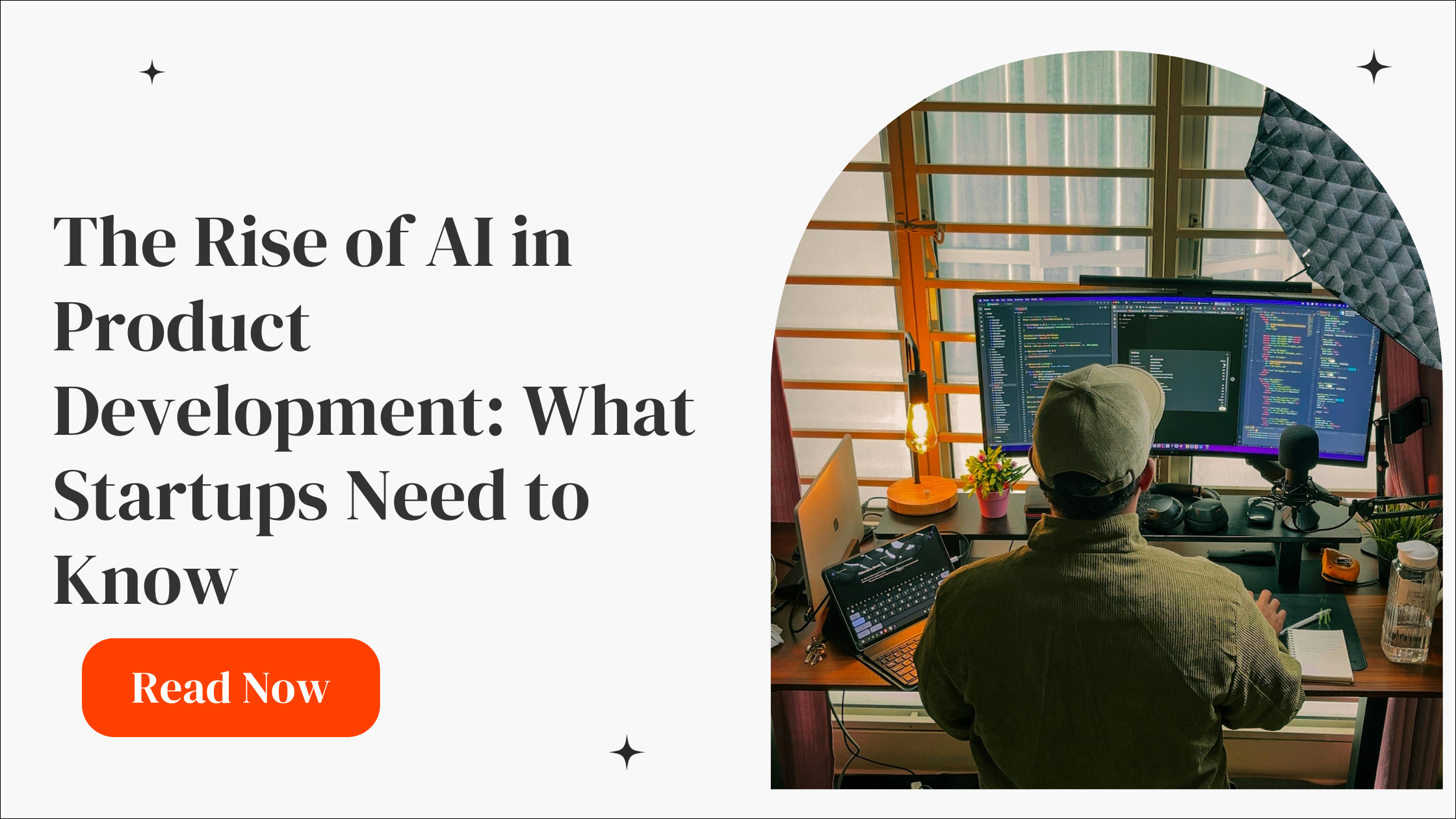
The Rise of AI in Product Development: What Startups Need to Know
Learn how AI is transforming product development for startups. From MVPs to scaling, here’s what founders need to know in today’s AI-driven world.
Read more
No-Code vs. Custom Development: Which is Right for Your Startup?
Weighing no-code vs. custom development? Learn which is right for your startup depending on stage, budget, and product complexity.
Read more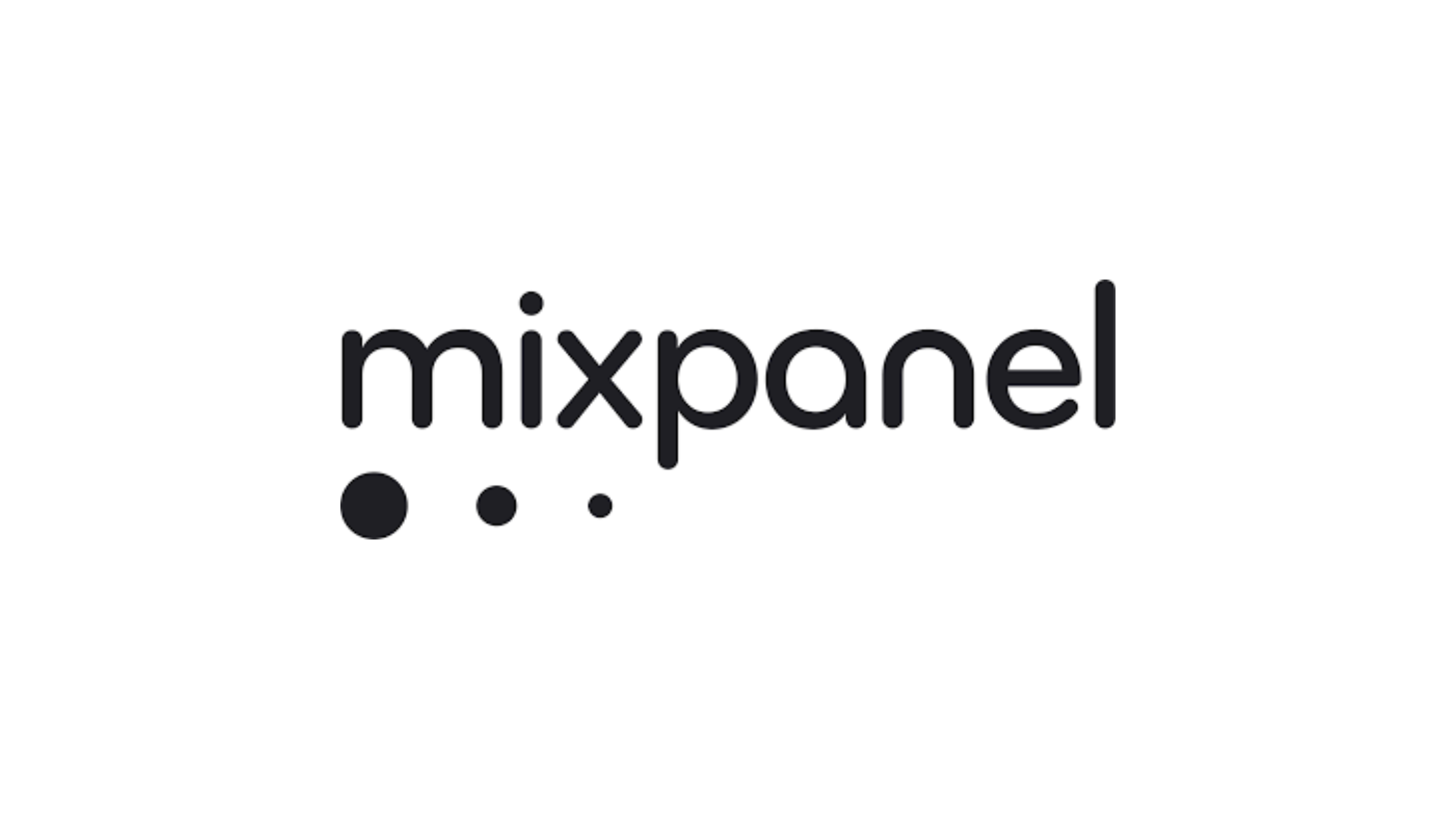
What is Mixpanel?
Learn how Mixpanel helps startups track user behavior to improve products and accelerate growth with clear data-driven insights.
Read more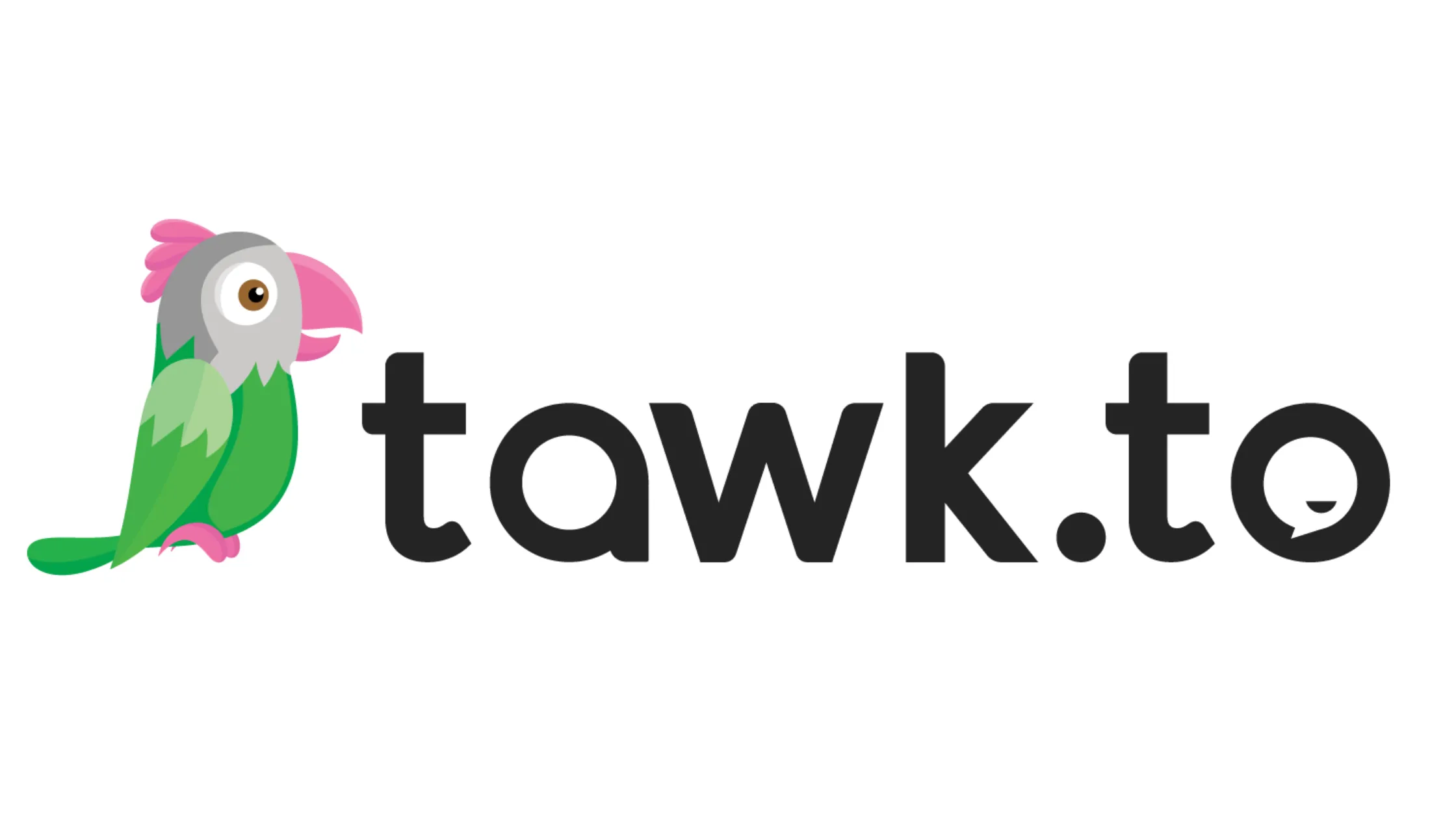
How Tawk.to Can Boost Your Startup’s Customer Support Game
Learn how Tawk.to can benefit startups by enhancing customer support and engagement. Perfect for early-stage founders!
Read more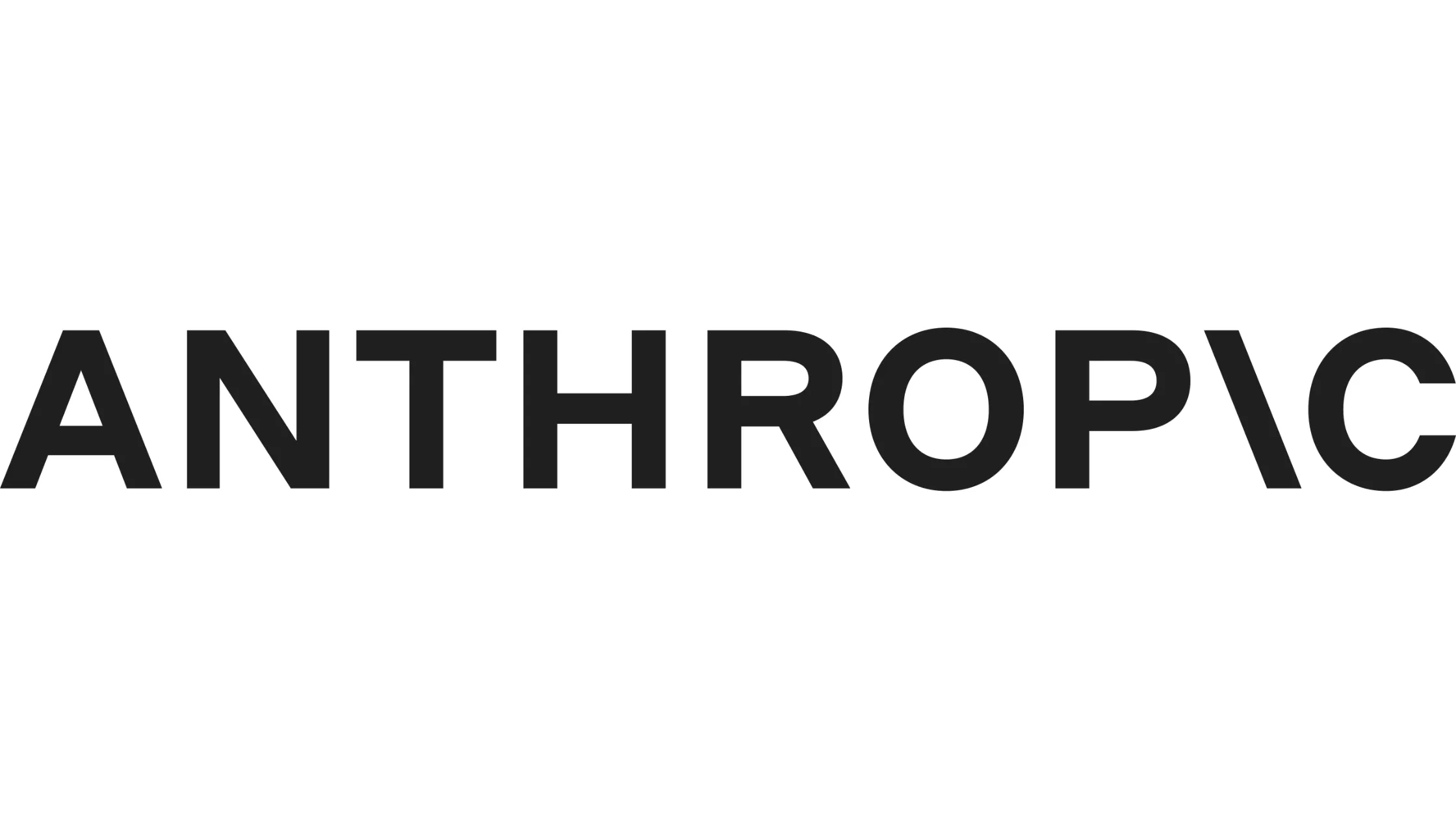
Grow Your Startup With Anthropic's AI-Powered Tools
Discover how Anthropic's cutting-edge AI tools can accelerate your startup's success. Learn about their benefits and see why they can be trusted by startups.
Read more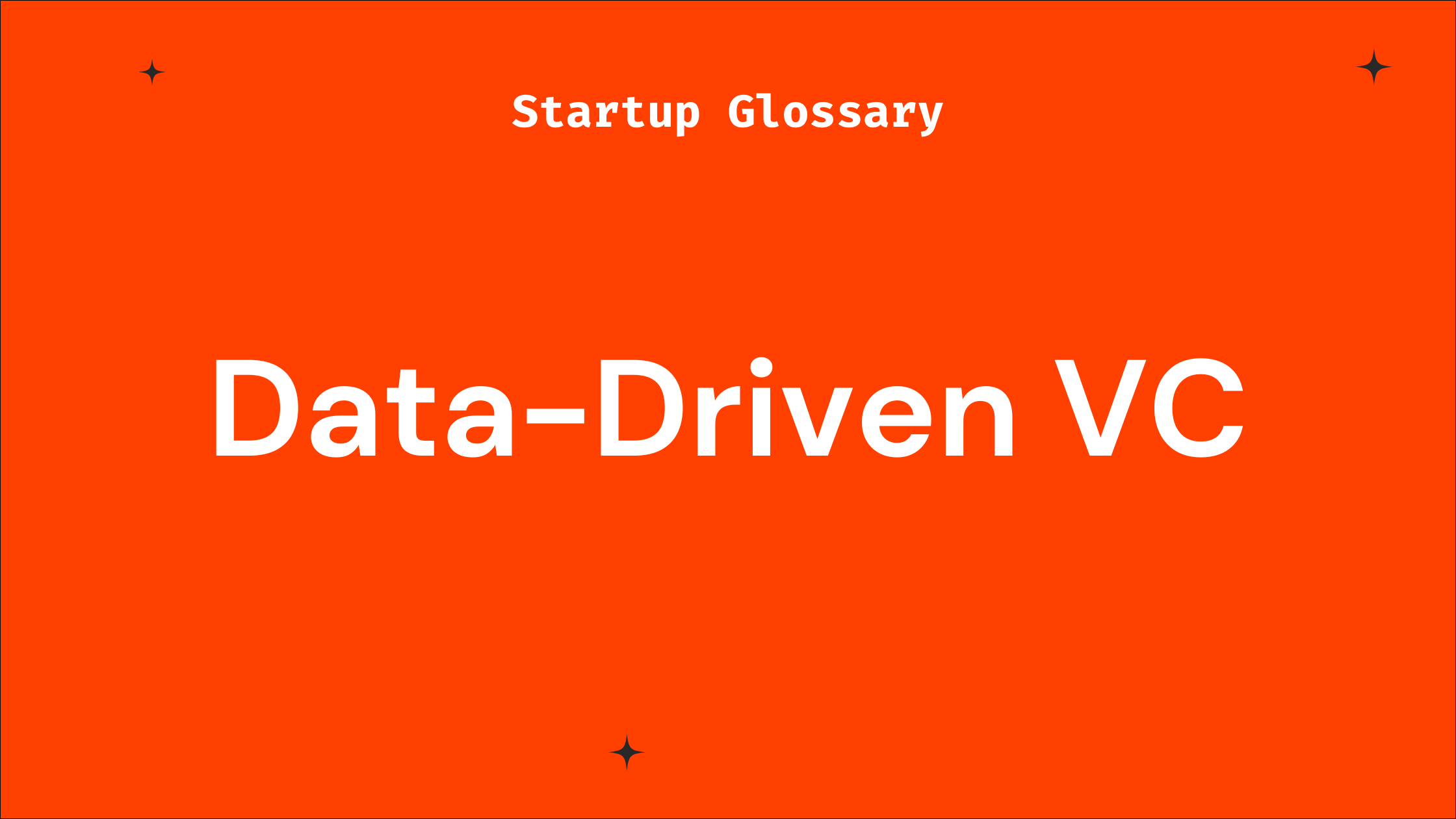
What is Data-Driven VC?
Learn what a data-driven VC means and how such investors can benefit your startup’s growth and fundraising journey.
Read more
What is Blockchain?
A beginner-friendly guide on blockchain for startup founders, covering key concepts, benefits, challenges, and how to leverage it effectively.
Read more
What is Cybersecurity?
Learn cybersecurity basics tailored for startup founders. Understand key risks, best practices, and how to protect your startup from tech threats.
Read more
What is Seedcamp?
Learn what Seedcamp is, how its European seed fund and accelerator program work, and how founders can use its capital, mentorship, and network to scale their st
Read more
What is AngelList?
AngelList is a prime platform connecting startup founders to investors, talent, and resources to accelerate early-stage growth.
Read more
What is 500 Startups?
Learn what 500 Startups (now 500 Global) is, how its accelerator and seed fund work, and when founders should consider it—plus tips for early-stage startups.
Read more.png)